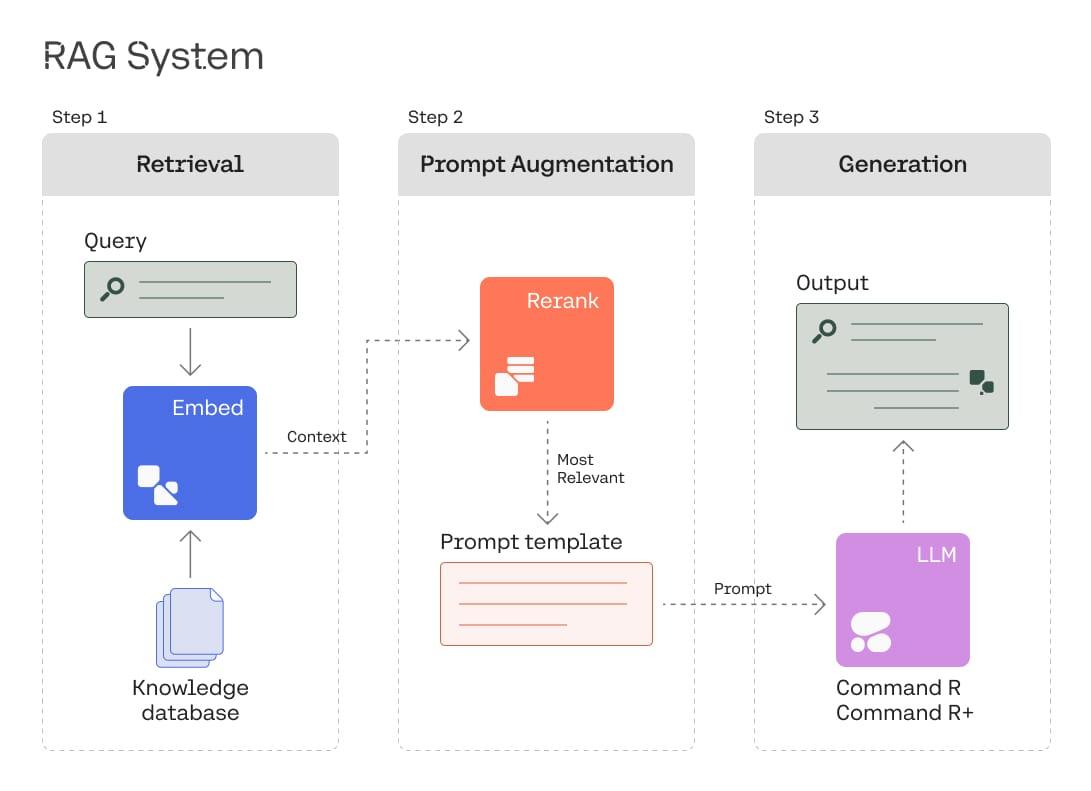Enterprise AI adoption is on the rise as businesses recognize the transformative potential of AI. In particular, Large Language Models (LLMs) have piqued the interest of enterprises to improve customer support, content creation, and data analysis. According to Goldman Sachs, integrating advanced natural language processing tools into businesses and society could boost global GDP by 7% (approximately $7 trillion) and increase productivity growth by 1.5 percentage points over the next decade.
Unlocking these productivity gains requires adjustments to legacy technology stacks and processes such as data management, employee upskilling, and algorithm design. We also anticipate a wave of M&A as enterprises seek to bring talent and products in-house. Although deal volume in Q1 2023 was lower than the previous period, AI-related M&A activity increased by 43% in value compared to the previous quarter, amounting to $8.9 billion. This represents a 175% increase compared to Q1 2022.
Increasingly, enterprises are discovering that working with early-stage AI companies can enable teams to prototype faster and build with specialized AI knowledge and resources.
Cloud providers and large enterprise service companies such as Amazon, Box, Cisco, Salesforce, and Oracle are introducing generative AI-powered products for business applications. Oracle, for instance, is using their private data to fine-tune and extend Radical portfolio company Cohere’s LLMs to create customized products for Oracle at scale. These partnerships signal a movement amongst large enterprises toward accessing pre-trained models to build customized solutions to unlock the efficiency and productivity gains that will ultimately power enormous economic value across every industry.
AI News This Week
-
In the Age of AI, tech’s little guys need big friends (The New York Times)
An overview on the need for significant cloud resources to build Large Language Models (LLMs) with a focus on Cohere, a Toronto-based AI start-up and Radical portfolio company. Cohere has met the increasing challenges of cost and computing power in building one of the most highly performant LLMs. While tech giants maintain an advantage in computing power, Cohere is one of the few independent companies going head-to-head with industry goliaths, offering businesses powerful LLM capabilities that are cloud agnostic for customers.
-
Eric Schmidt: This is how AI will transform the way science gets done (MIT Tech Review)
Eric Schmidt, the former CEO of Google, predicts that AI will fundamentally transform every stage of the scientific method – background research, generating hypotheses, testing through experimentation, analyzing collected data, and deriving conclusions. By applying machine learning algorithms to experimental data, scientists can quickly identify which hypotheses are most likely to be accurate. AI is already powering “self-driving labs” automating repetitive tasks and making it possible for researchers to focus on more creative and innovative aspects of their work. Schmidt also acknowledges that serious consideration must be given to ensure AI is developed responsibly. Ultimately, however, AI will accelerate the scientific process and lead to faster discovery.
-
Listen: AI Innovators – Parasvil Patel from Radical Ventures (AI Innovator’s Podcast)
Parasvil Patel, a Partner at Radical Ventures, delves into AI investment theses alongside Rob May – the CEO of Nova. Parasvil offers his insights on Rob’s latest article, “Contrarian AI Theses For Early Stage Investors,” exploring the future trajectory of language model marketplaces, the differential impact of AI on individual companies versus entire industries, the significance of gaining a competitive edge in the AI era, industries where AI may not yield substantial benefits, and the transformative influence of AI on customer acquisition channels and go-to-market strategies.
-
Hope, fear, and AI – a survey of 2,000+ US adults (The Verge)
Despite the widespread discourse surrounding AI, a recent survey of more than 2,000 adults in the USA revealed that a significant portion of respondents had not yet used an AI tool. Dedicated AI services are primarily driven by Millennials and Gen Z, who mainly employ AI for creative experimentation in areas such as search, brainstorming, and art. Regarding future implications, there is a diversity of sentiment among respondents, but a majority believe AI will have a greater impact on the world compared to other novel technologies like electric vehicles, virtual reality, and NFTs.
-
Research Spotlight: The curse of recursion – training on generated data makes models forget (University of Oxford/University of Cambridge/Imperial College London/University of Toronto/Vector Institute/University of Edinburgh)
Researchers, including Nicolas Papernot from The University of Toronto and The Vector Institute, explore the performance of AI models trained on machine-generated rather than human-created data. The paper finds AI models trained on machine-generated data can “forget”, leading to performance degradation, increased errors, and repetitive responses. To maintain the quality of future generative models, the researchers emphasize the importance of training with human-generated content and ensuring fair representation of minority groups in the datasets.
Radical Reads is edited by Ebin Tomy.





